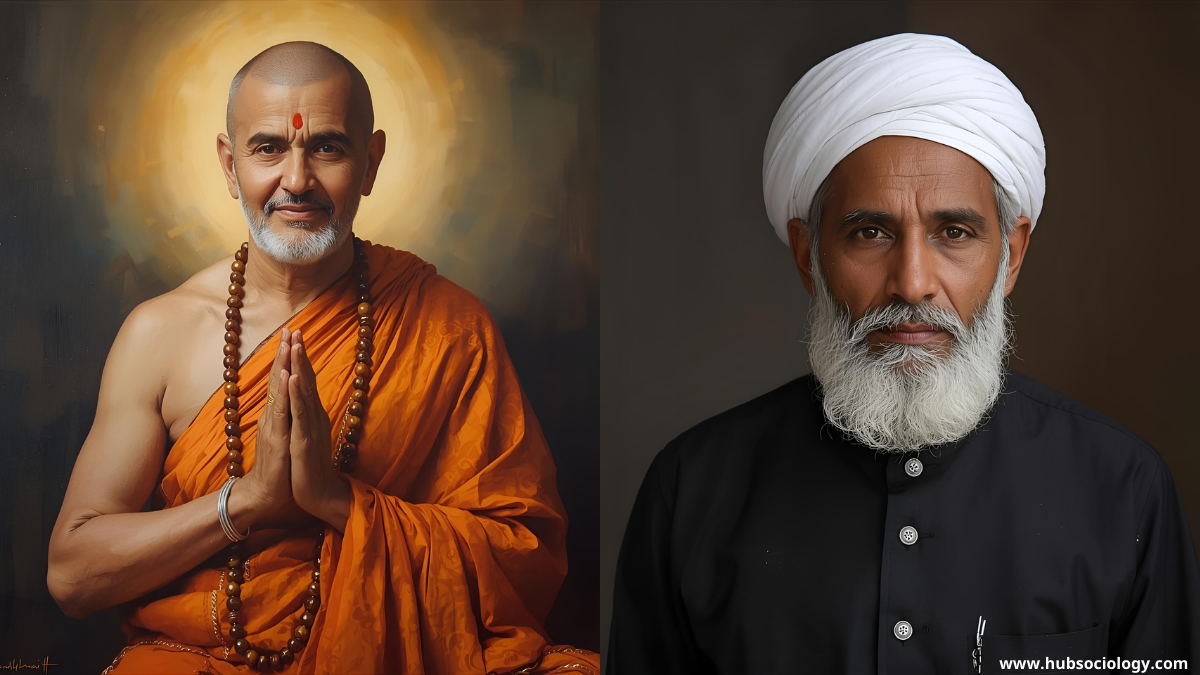Marxian Approach to Study of Religion: A Sociological Perspective
Introduction on Marxian Approach Religion has long been a subject of deep sociological inquiry. Thinkers from different schools of thought have analyzed religion’s origins, role, and impact on society. Among them, Karl Marx provided one of the most critical and influential perspectives. His approach to religion was deeply rooted in his broader theoretical framework of … Read more


